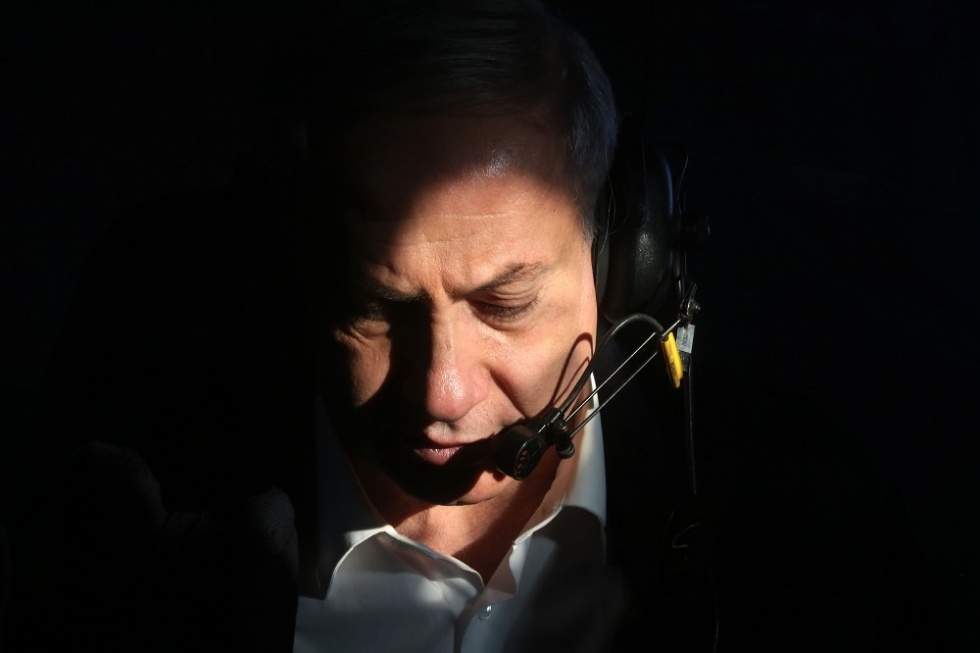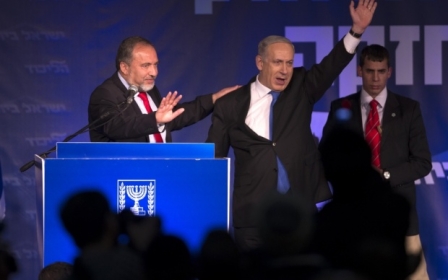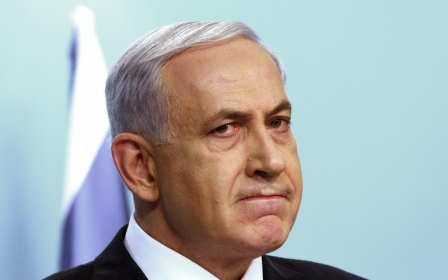Likud members vote for leadership, party election list

Likud party faithful will cast their votes today to decide the next party chairman and Knesset representatives in the upcoming elections, slated for March.
More than 96,000 Likud party members have registered in the vote, with turnout expected to be relatively high due to the combination of the leadership and Knesset lists.
Current leader and Prime Minister, Benjamin Netanyahu is predicted to easily secure re-election, although the margin of victory is being hotly debated and the party slate - which helps to decide which Likud politicians will be selected for the party’s electoral list - is far from secure.
Netanyahu is only facing down one challenger, MK Danny Danon, who is known for his criticism of the party’s powerful right-wing. However, the PM’s leadership has been thrown into question, and his popularity has gradually eroded since the summer.
According to an influential poll conducted by the liberal Israeli Haaretz in late November, Netanyahu’s approval rating has dropped to 38 percent, down from 50 percent in late August at the end of Operation Cast Lead in Gaza, and drastically down from 77 percent on 5 August at the height of the 50-day war.
Most commentators believe that a further shift to the right is likely, although it is unclear whether this would alienate the centre that many believe Netanyahu must woo to secure a majority.
The latest Haaretz polls put Likud neck and neck with main rival Labour- HaTnuah electoral coalition at 24 seats each.
Writing in the Yediot Aharonot newspaper, which traditionally holds an anti-Netanyahu stance, commentator Yoaz Hendel said Likud was a party "fighting for survival" with little to offer in terms of dynamic leaders likely to garner votes.
"Today's Likud has no new, youthful, charismatic energy, and there is also no range of opinions," he wrote, saying the party had forgone it’s traditionally successfully approach of mixing "proud nationalism with liberalism".
"When Likud loses the ability to present itself as a right-wing, liberal, pragmatic party, it also loses its ability to govern. It loses its ability to attract voters from the centre."
In the centre-right Maariv newspaper, Arik Bender also said Likud officials were concerned that the party list would lack any fresh faces and end up being "too extremist" in a move which could put off voters.
Party activists were also predicting a likely return and possibly a top party spot for MK Moshe Feiglin, who proved very popular during his first Knesset term but is known for his highly inflammatory stance toward Palestinians, including the deportation of all civilians from Gaza.
“We have to be careful about putting Feiglin in a high spot,” a party MK who wanted to stay anonymous told Haaretz. “It will strengthen the party’s image as extremist and chase voters away...”
Other right-wingers are also expected to come out on top. Party insiders told Haaretz that the top 10 will likely include: Interior Minister Gilad Erdan; Transportation Minister Yisrael Katz; Minister Silvan Shalom; Knesset Speaker Yuli Edelstein; coalition chairman Ze’ev Elkin; Knesset Foreign Affairs and Defense Committee chairman Yariv Levin; Deputy Minister Tzahi Hanegbi and Interior Committee chairman Miri Regev.
All current ministers, except for Limor Livnat who is retiring from politics, are vying for spots on the list.
In addition to voting for party chairman and the Knesset list, Likud voters are also choosing a new, 100-member Likud council which will approve appointing two candidates of Netanyahu’s choosing to favourable spots on the Likud list, Haaretz reported.
The issue has been highly contentious with Netanyahu, hoping to reserve the two spots for what he believes to be pragmatic choices such as security officials or businessmen, but the party fighting back about what it says are undemocratic reforms that would give Netanyahu, rather than the grassroots, more power. A compromise, which will see the council have final say, was finally reached yesterday.
Middle East Eye propose une couverture et une analyse indépendantes et incomparables du Moyen-Orient, de l’Afrique du Nord et d’autres régions du monde. Pour en savoir plus sur la reprise de ce contenu et les frais qui s’appliquent, veuillez remplir ce formulaire [en anglais]. Pour en savoir plus sur MEE, cliquez ici [en anglais].




